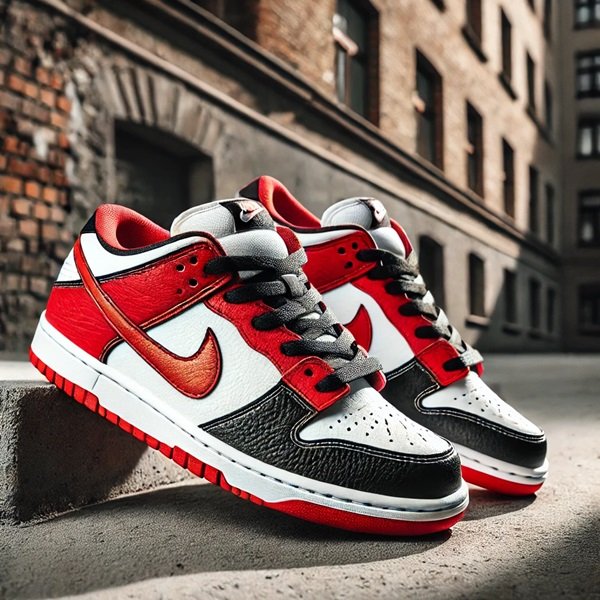Nike is a globally recognized brand known for its high-quality footwear, apparel, and accessories. However, customers often wonder whether Nike provides a warranty on its products. To clarify this, we will examine Nike’s warranty policy across various aspects.
1. Nike’s Official Warranty Policy
Nike offers a standard warranty covering manufacturing defects for up to two years from the date of purchase. This applies to all Nike products, including footwear and apparel. The warranty ensures that products meet quality expectations and function as intended.
2. Coverage Duration
Nike’s warranty covers defects for two years from the manufacture date rather than the purchase date. This means that if a product sits in a store for an extended period before being bought, the coverage period may be shorter.
3. What Is Covered?
Nike’s warranty primarily covers manufacturing defects, such as faulty stitching, material flaws, or issues with glue adhesion. It does not cover normal wear and tear, accidental damage, or misuse.
4. Exclusions from Warranty
Certain conditions void Nike’s warranty, including damage caused by improper use, excessive wear, exposure to extreme conditions, and unauthorized modifications. Products used beyond their intended purpose may also be excluded.
5. How to Claim a Warranty?
To file a warranty claim, customers need proof of purchase, such as a receipt or order confirmation. They must contact Nike’s customer service or visit a Nike store to initiate the process.
6. In-Store vs. Online Purchases
The warranty claim process differs slightly depending on where the item was purchased. Items bought from Nike stores or Nike.com are easier to process, whereas purchases from third-party retailers may require customers to go through the seller.
7. Nike’s Return Policy vs. Warranty
Nike’s return policy allows customers to return unused products within 60 days for a refund or exchange. The warranty, on the other hand, covers defects beyond this period, providing long-term assurance.
8. Warranty on Different Product Categories
Nike’s warranty applies to all categories, including footwear, apparel, and accessories. However, coverage specifics may vary, with some performance-based items having stricter evaluation criteria.
9. Warranty for Limited Edition and Custom Products
Limited edition and Nike By You (custom) products are covered under the same general warranty. However, due to their customized nature, Nike may offer repairs or partial refunds instead of full replacements.
10. Nike’s Warranty for Sports Equipment
Nike also produces sports equipment like soccer balls, gloves, and bags. These items are covered under the same two-year warranty if defects arise due to manufacturing faults.
11. Does Nike Repair Products?
Nike does not provide direct repair services. If a product qualifies under the warranty, Nike usually offers a replacement or refund instead of repairing the damaged item.
12. How Nike Handles Fraudulent Claims
Nike investigates warranty claims to prevent fraud. If a claim appears suspicious, such as excessive damage inconsistent with normal use, Nike may reject it and decline compensation.
13. Nike’s Warranty Compared to Competitors
Compared to brands like Adidas and Puma, Nike’s warranty is fairly standard. Some competitors offer lifetime guarantees on specific products, whereas Nike maintains a two-year limit.
14. Customer Experiences with Nike’s Warranty
Reviews on Nike’s warranty service vary. Some customers report seamless replacements, while others mention difficulties in claim approvals. Overall, Nike’s response depends on the nature of the defect and claim validity.
15. Final Verdict on Nike’s Warranty
Nike’s warranty provides a reasonable level of protection against manufacturing defects. While not the most extensive in the industry, it offers sufficient coverage for most users. Customers should retain purchase records and inspect products upon receipt to ensure their claims are valid.
Conclusion
Nike does offer a warranty, but customers should understand its limitations. The coverage focuses on manufacturing defects within a two-year period. While the process is straightforward, it is essential to provide proper documentation and meet the eligibility criteria for successful claims. In comparison to other brands, Nike’s policy is standard but effective for ensuring product quality.
